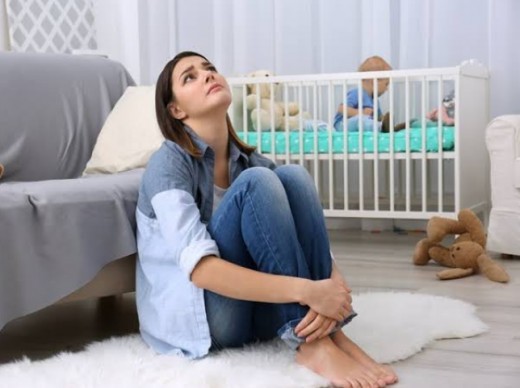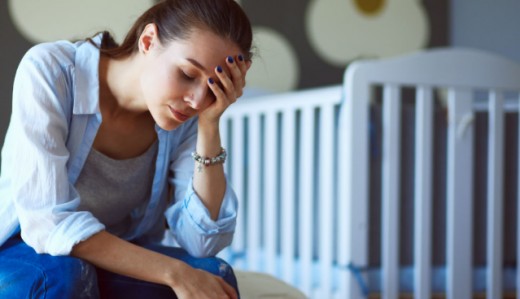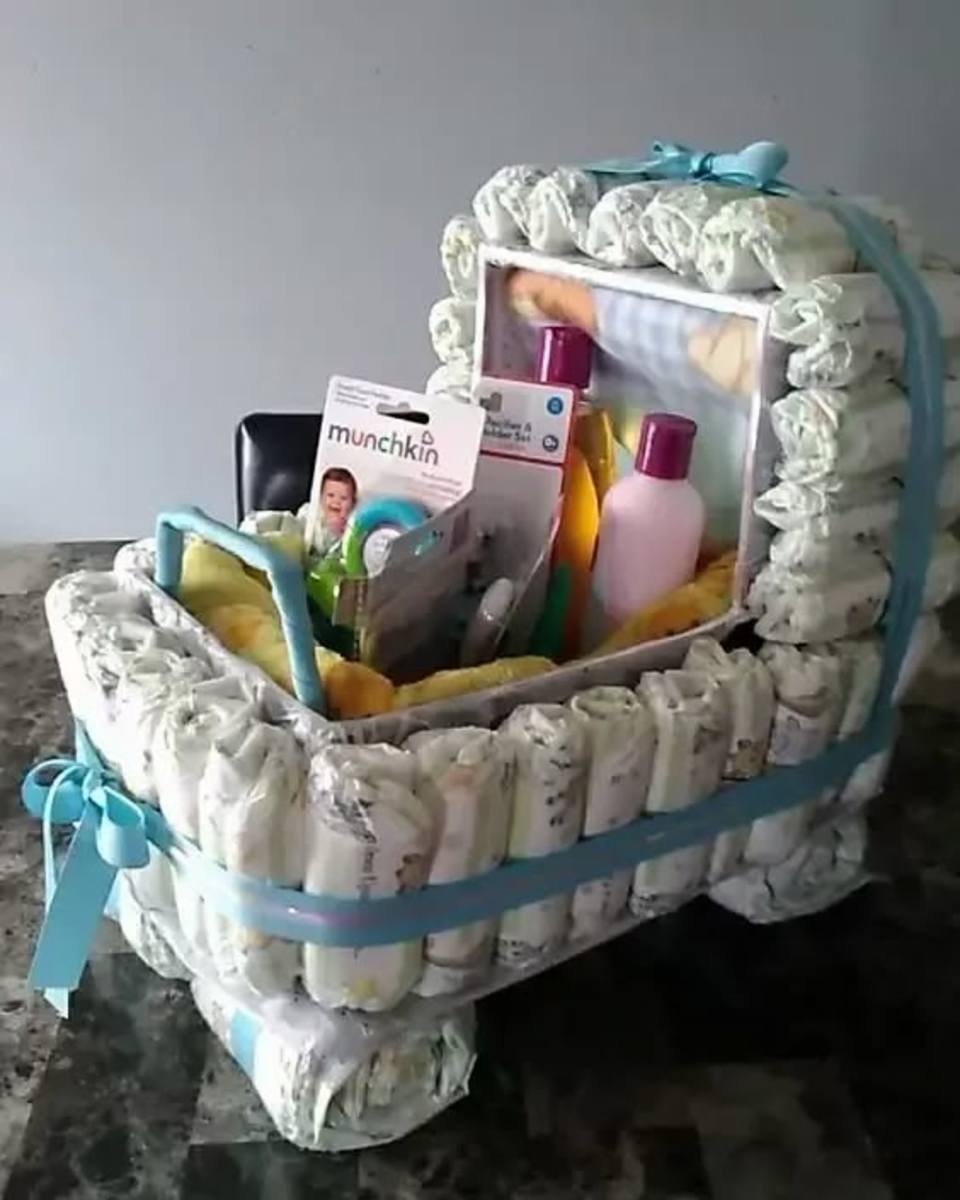Help for Single and Depressed Mothers

Introduction
Motherhood has a different meaning for different people across communities. For some mothers it is a pleasant experience, whereas for others, it is more a challenge than a warming experience. Nowadays, a lot of mothers have to go through motherhood alone when they break up with the fathers of their children, when their relationships do not workout as expected, or when they fall pregnant from sexual abuse/assault. Single mothers therefore find themselves in a situation where they have to provide various forms of support to their children, including emotional and financial support. As a result of all the challenges that come with single parenting, some mothers end up being depressed.
Increased parental responsibilities
The first question that we need to ask ourselves is what usually leads to single mothers being depressed. As a single mother you have to ensure that the daily needs and wants of your children are met. You need to be financially stable, so you can provide for your children, ensure that they can go to school, have clothes to wear, have food to eat; and be there to support them through all developmental stages until they grow into young adults. Being responsible for and having a whole human being depending on you for survival can be overwhelming, it puts a lot of pressure on the parent. One would simply ask why single parents do not ask for help from close friends and family members when they feel like they are not coping. Well, the problem lies in societal expectations and stigmas. We live in a world where everyone is expected to be strong and never show their weak sides.
Societal stigmas and pressure
In some cases, depression amongst single mothers has to do with how they see themselves and how the society in which they live in sees them. Traditionally, it is more appropriate for children to be raised in a home with both maternal and paternal presence. Some communities are very judgemental towards mothers who are divorced or have never being married. Therefore there is some kind of dignity attached to having children while married, hence, in some instances, some mothers stay married even when they are not happily married. Various mothers do not want to leave their marriages for the sake of the children, they believe that children can be better raised when their parents are in a relationship rather than separated. Whereas some mothers stay married to avoid the possibility of having their children being raised by another woman. Some mothers stay married simply because they want to protect themselves from the risk of suddenly having to financially and emotionally support their children alone, with no support from the father.

Helping single and depressed mothers
The most important question is, are there ways to help single mothers going through depression? A depressed mother could be of danger both to herself and her children. As in some circumstances, depressed individuals could possibly harm themselves or others. There are several ways in which single and depressed mothers can be helped depending on how open they are about their emotions and daily experiences. They first need to accept and admit that they are not coping and need help, instead of being in denial and bottling up their feelings. The kind of assistance one prefers depends on the individual’s personality and life experiences. Some individuals may feel more comfortable talking to someone they know, whereas, others may prefer talking to a professional. The challenge with talking to a close family member or friend about depression is that they might not understand what the mother is going through, therefore could probably not get the help they need. However, there are ways in which family and friends can help a single and depressed mother, by being present in her life on a regular basis, for example, they could babysit or even buy diapers whenever they can. The more there are present individuals in the mother’s life offering assistance related to parenting, the mother will less likely feel alone or abandoned.
A single and depressed mother could also opt to see a professional such as a psychologist or social worker depending on her preference or financial capacity. There are organisations that offer free assistance and/or service to single and depressed mothers who have previously been sexually abused and are struggling to get over their tragic experiences. Communities also need to show concern, and be educated that depression is real, and when an individual is depressed it does not mean they are weak or attention-seekers. It is also important for single and depressed mothers to understand that the fact that they are not coping very well on their own does not make them bad mothers, it actually makes them good mothers because it shows that they are concerned about their children’s well-being and safety. By seeking help they are not only helping themselves but their children as well.
© 2019 Grace








